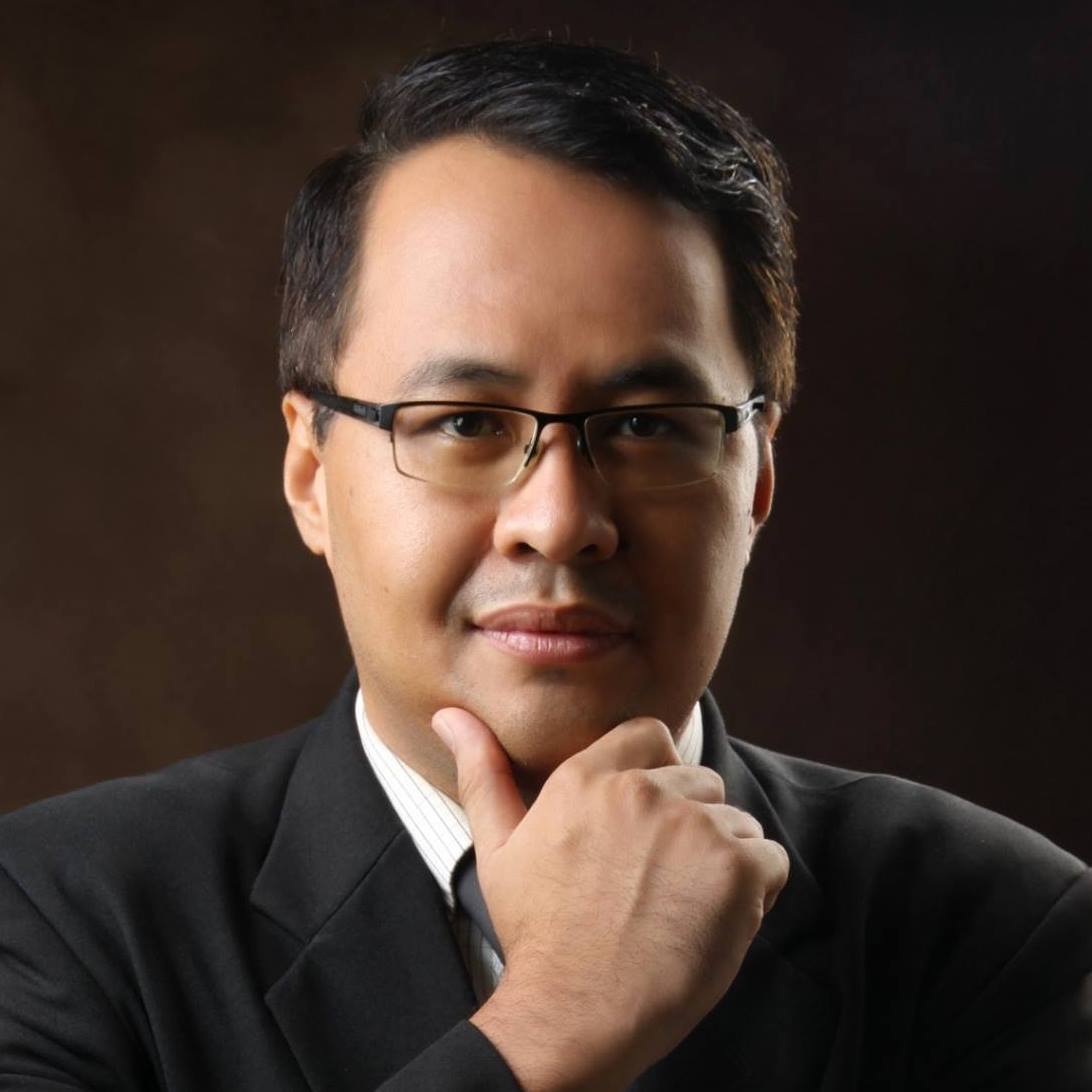When people ask me about my area of legal practice, I often mention estate planning. A common response I get is, “So, you focus on real estate law?”
While estate planning does involve some aspects of real estate, it is not primarily about real estate. It’s understandable that there are misconceptions about estate planning. Given the low level of personal financial planning awareness in this country, it’s not surprising that understanding of estate planning is even lower. Many Filipinos lack a personal financial plan or even a basic retirement plan, so it’s expected that most don’t have a comprehensive estate plan.
An estate plan is simply a plan for how an estate owner’s assets will be handled after they pass away. It considers several factors, such as the owner’s goals, payment of estate taxes, and proper distribution to heirs according to the owner’s wishes and legal requirements.
Lack of estate planning can lead to several problems: strained family relations, reduced estate value due to taxes and legal fees, unfulfilled wishes of the estate owner, and disputes among heirs that leave properties unused and potentially lost.
Personal financial planners often see estate planning as a separate part of a comprehensive financial plan. However, it is impossible to create a truly comprehensive financial plan without considering some elements of estate planning.
Estate planning can be divided into two main parts: “Estate Protection” and “Estate Control and Distribution.”
Estate Protection focuses on safeguarding the estate in case of the owner’s death or disability. It answers questions like how much estate tax needs to be paid, considering the property relations between spouses. It also addresses the family’s needs, such as education and living expenses, and other costs like hospital and funeral expenses, and debt settlement. Estate protection is usually included in a comprehensive personal financial plan.
Estate Control and Distribution deals with how the estate should be distributed. This involves considering family composition, legal succession rules, and the owner’s wishes. It also looks at how much control and enjoyment the owner can have over their property while they are still alive and ensuring the preservation and legacy of the estate. This part of estate planning is complex and requires a separate, comprehensive plan.
Because estate planning requires legal knowledge, people often assume lawyers are best suited to create estate plans. While this is partially true, most lawyers in the country tend to be reactive, getting involved only when conflicts arise. Additionally, estate planning also requires a thorough understanding of personal finance.
There are few lawyers in the country who specialize in estate planning. Both lawyers and non-lawyers who engage in estate planning usually take certificate courses that cover personal finance, investments, and estate planning. These courses often lead to a certification after passing an exam and a case study, proving one’s expertise in estate planning.
By focusing on estate planning, individuals can ensure that their wishes are fulfilled, their heirs are taken care of, and their estate is managed efficiently, avoiding many potential issues that could arise.
 Hi ! my name is Zigfred Diaz. Thanks for visiting my personal blog ! Never miss a post from this blog. Subscribe to my full feeds for free. Click here to subscribe to zdiaz.com by Email
You may also want to visit my other blogs. Click here to learn more about great travel ideas.
Hi ! my name is Zigfred Diaz. Thanks for visiting my personal blog ! Never miss a post from this blog. Subscribe to my full feeds for free. Click here to subscribe to zdiaz.com by Email
You may also want to visit my other blogs. Click here to learn more about great travel ideas.


Leave a Reply